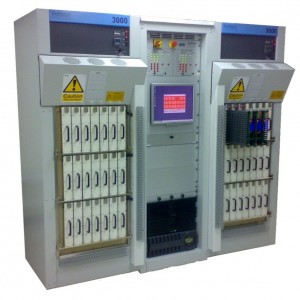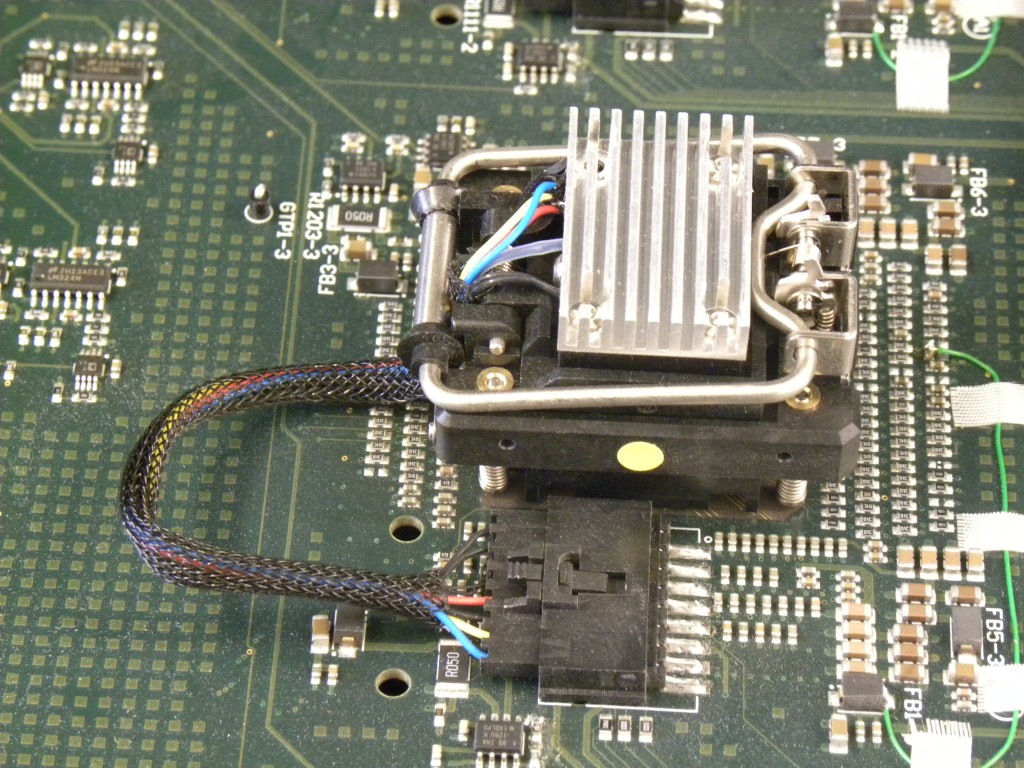High Temperature Operation Life (HTOL) testing is performed to determine the effects of electrical bias and temperature on devices over extended periods during which potential inherent failures are accelerated. HTOL is used for device qualification prior to product release and volume manufacture, and for routine reliability monitoring during the product life cycle. A shorter duration version of HTOL known as Burn-In can be used to screen out infant mortalities and for Early Life Failure Rate testing (ELFR).
Reltech design and manufacture HTOL systems including high performance thermal chambers, HTOL (Burn-In) boards, driver boards and system software and employs these systems for performing HTOL testing of its customers products. The Reltech HTOL laboratory provides multiple chambers with over 10,000 device test positions allowing many qualifications at different temperatures and electrical stimulus to be performed simultaneously.
During the past 5 years Reltech has invested in the latest HTOL system technology, providing temperature control at individual device level, which enables reliable operation of HTOL testing on low geometry devices (sub 65nm) where leakage currents vary greatly from device to device. Devices with DUT power up to 100W are also accommodated.
- Performed according to JEDEC standard JESD22-A108 and other industry and customer specific standards
- Typical lot sizes 3 x 77 units
- Typical junction temperature +125°C
- HTOL board design and manufacture
- HTOL Systems are quickly and easily configured to provide device specific biasing
- Multiple temperature zones
- Bias voltages from +0.8v
- DUT power up to 100W
- Device level temperature control for low geometry (<65nM) and high power devices
- Test Vectors up to 20MHz and 8Mb depth
- Real time System and DUT monitoring and event logging.



